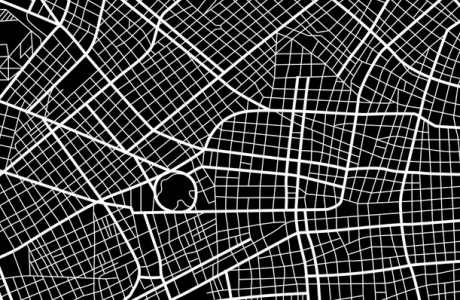*** The Better Civilization
What does it mean to work as though we live in the days of a better civilization? Although frequently attributed to Alasdair Gray (despite his disavowal), the line belongs to Gray’s contemporary, Canadian Dennis Lee.
In Civil Elegies, Lee writes:
And best of all is finding a place to be
in the early days of a better civilization
For we are a conquered nation: sea to sea we bartered
everything that counts, till we have
nothing to lose but our forebears’ will to lose.
But what good is that in a nation of
losers and quislings
Although Lee’s early work denounced Canada’s colonial complicity and earned him the Governor General’s award in 1972, he is better known for his children’s poetry. In fact, his poetry was a favorite of engineering professor Deb Chachra, who recently namechecked Lee in Metafoundry, her newsletter on the nexus of infrastructure, engineering, art, and individuals.
In Issue 73: Our Cyborg Collective Body, Ourselves, Chachra invokes the slow-burning apocalypse in William Gibson’s scifi novels (specifically, The Peripheral and Agency) to describe the current COVID crisis. She then cites Lee’s poetic injunction, calling on us to imagine a systemic, collective response.
What would it look like, after all, to build an infrastructure fit to serve a better civilization?
According to Paul Graham Raven, infrastructure is a “tool,” “an extension of baseline human abilities.” It’s a systematized technical augmentation–but with a biological input (us!).
In the context of COVID, we know our bodies have needs that manifest individually but must be met collectively: We become infectiously ill individuals, sometimes so ill we must be isolated from the collective to be cared for by the collective before returning to the collective. Needs like these are met (or not) through infrastructural responses, such as public health, also public education.
Yet, to build tools to meet the needs of a better civilization, we must not only identify needs that have not yet been met, but also determine those needs that have not yet been recognized as the collective’s responsibility.
In Sexuality for All Abilities, Katie Thune and I argue that there is an individual and a collective need for comprehensive sex education for young people in the special education classroom. While writing this book will not determine a better civilization, arguing for recognition of a collectively solvable problem may help hasten its arrival.

